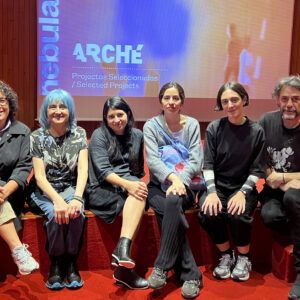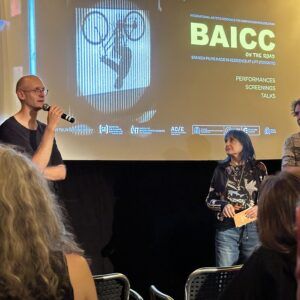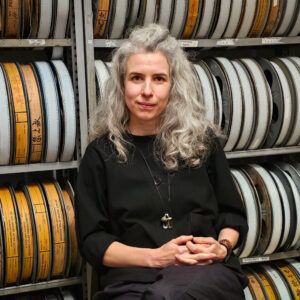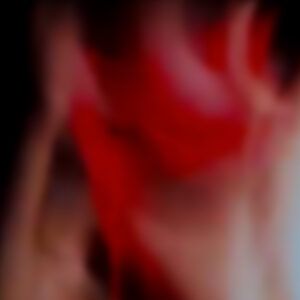
The processes that go into the work of making a festival and shaping its spirit are sometimes hidden from view, because what finally appears on the surface is what the public gets to see on the days of the event itself. In the case of our relationship with Narcisa Hirsch, we are talking about a figure—and a human being—who has been very much on our radar of interests and affections for many years. That was the case from the times when we were barely able to hear distant echoes of her cinema until our festival dedicated to Argentina in 2013, when we invited her to come to Coruña. And although in the end she could not be present due to other commitments, her film Come Out was here in super 8 thanks to the Argentine film programme devised by Pablo Marín.
Thanks to various circumstances, we were able to visit Buenos Aires a couple of years later. There, a much broader, more generous and fascinating Narcisa was revealed to us, even more so than the one we thought we knew. We discovered that beyond those effervescent times in the 60s and 70s, Narcisa continued to be the unifying hub of youth interested in experimental cinema in Argentina, and she also continued to be a restless, active person even after her eighty years of age. On one of those evenings of empanadas and movies at her home, where recent works were seen, and where Narcisa’s films also came out from time to time from a cupboard that was like a treasure chest (now in safekeeping thanks to the Narcisa Hirsch Film Archive or Filmoteca, headed by her grandson Tomás Rautenstrauch with collaboration from Daniela Mutis), we saw to what extent Narcisa was never going to age beyond the condition of her body, which seemed rather to be an annoying transitory state.
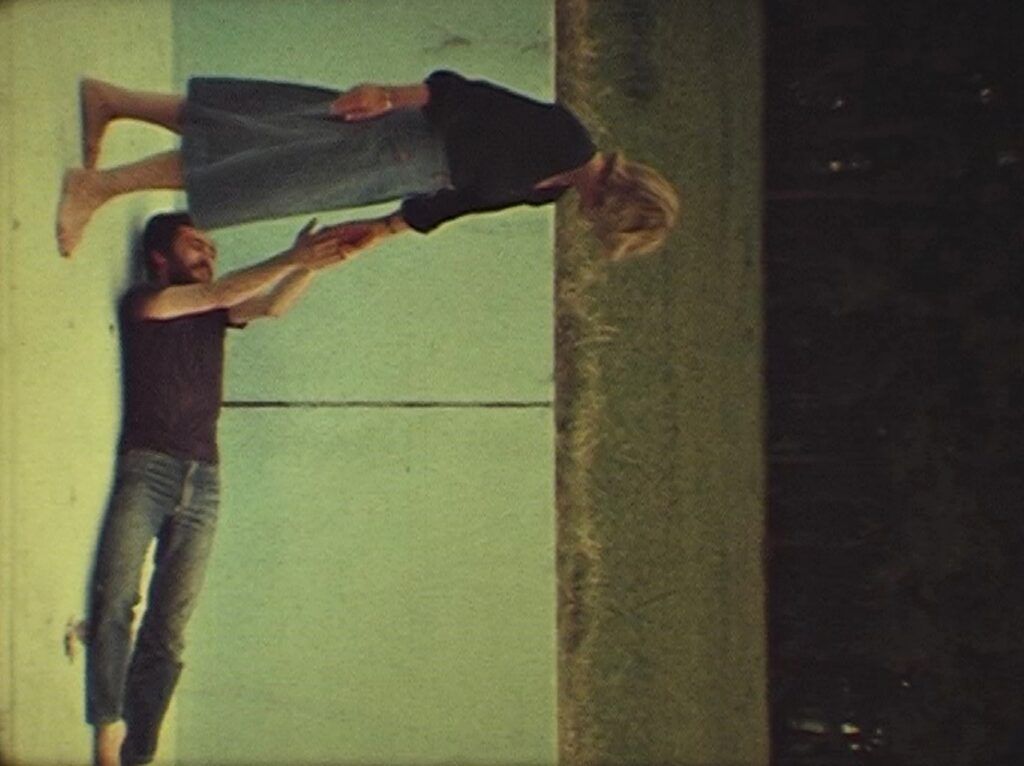
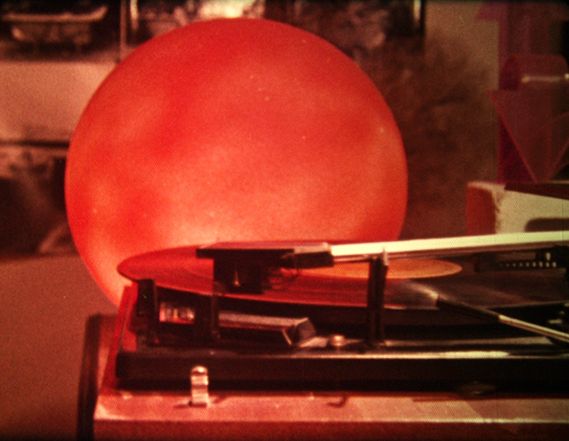
The year 2024 was chosen to finally organize a long-cherished retrospective of her work in (S8), once again opening up new dimensions to her way of being, which at this point is now a mansion where new doors are forever emerging with secret passageways to fascinating rooms. With the restoration work by her film library or filmoteca, we discovered that this resplendent, restless person who invented happenings, made structural and lyrical films, organized screenings and workshops and attended all events with inexhaustible curiosity, in fact had a much broader filmography than we thought, which included a captivating diary side. In the brief encounters, again with Marín and Lucía Salas, at the presentation of the book A light revealed (Una luz revelada) in 2023 published by La Vida Útil, we discovered enduring films like Seguro que Bach cerraba la puerta cuando quería trabajar (Bach most certainly closed the door when he wanted to work). In this film we see her face, amongst those of other women, and we can also see how she speaks to herself in a work of unique intelligence and sensitivity.
Narcisa Hirsch, with the mark she has left on the world, had such vitality that it is difficult to believe she is no longer with us. This is not an obituary with which to recall her very important work, since thanks to chance, that role will be played by her films in our festival. This is simply a way of saying farewell to an artist and a human being who we have always kept in mind, and always will.



